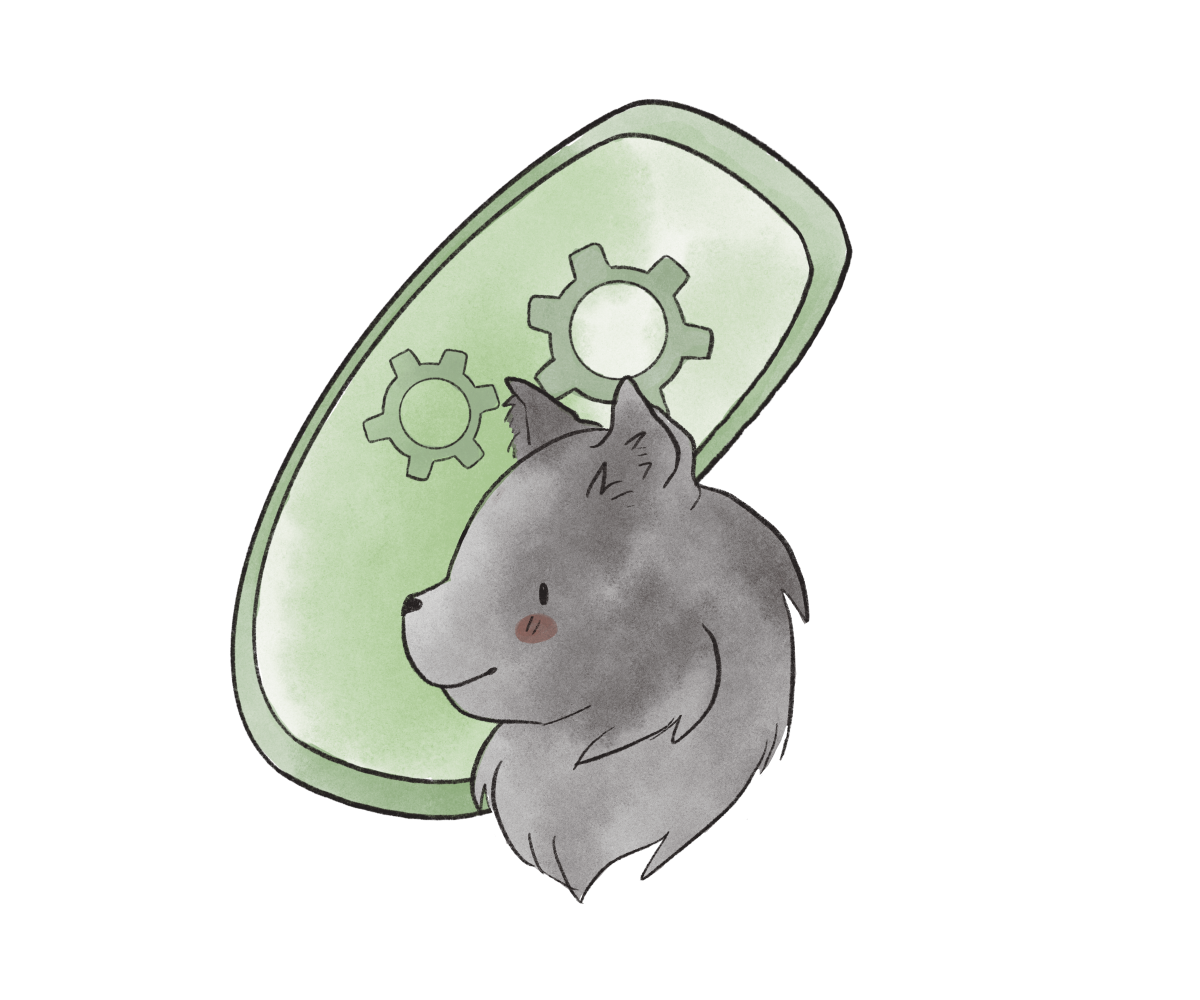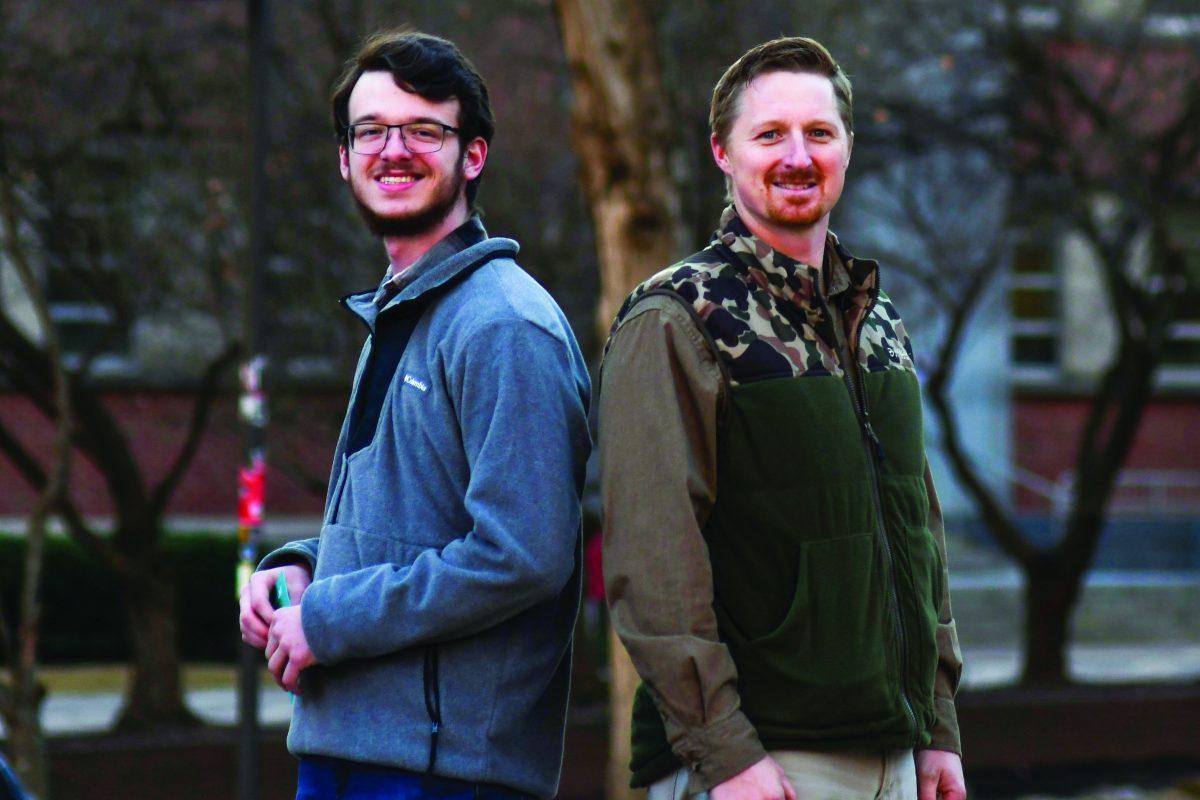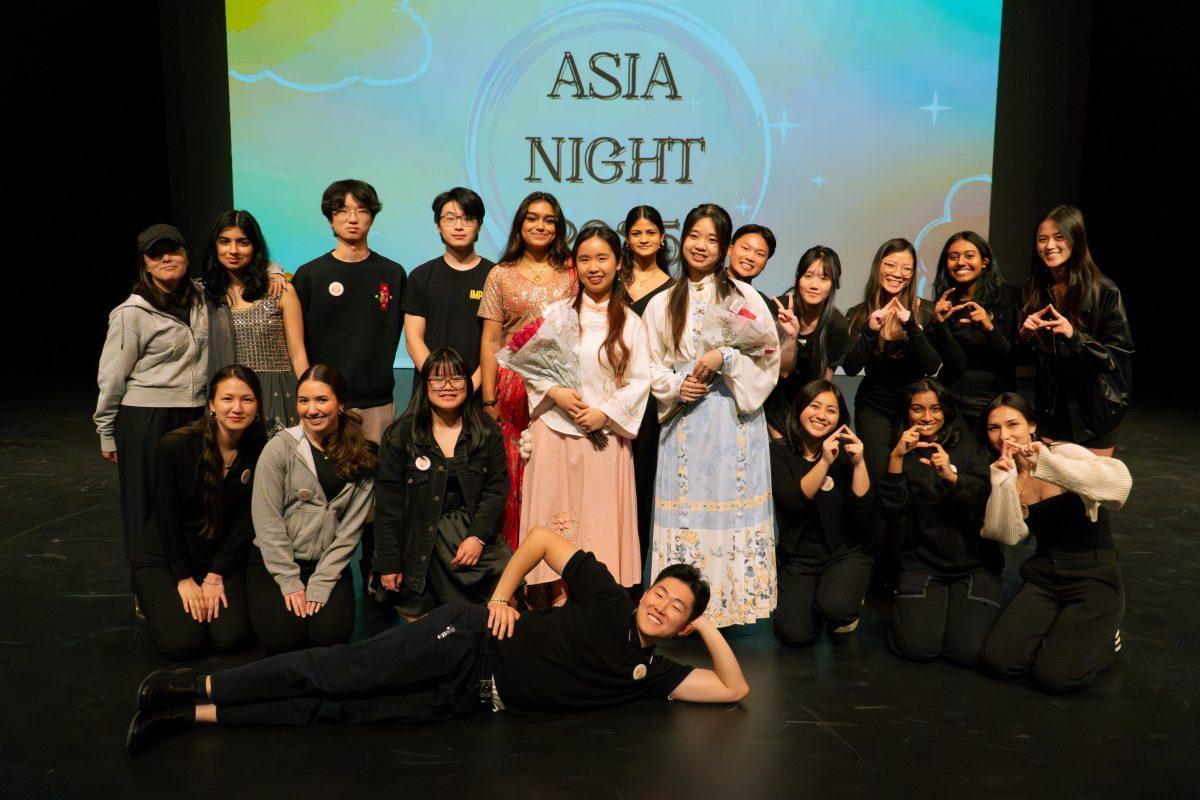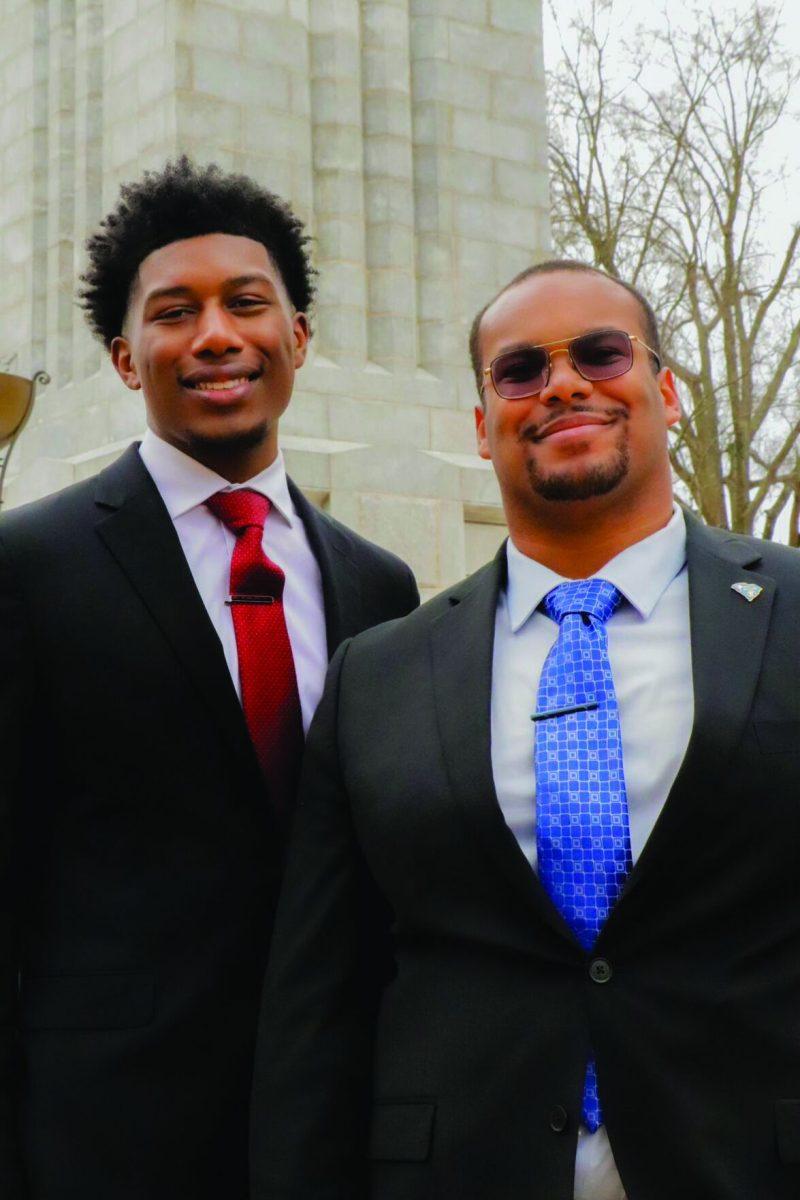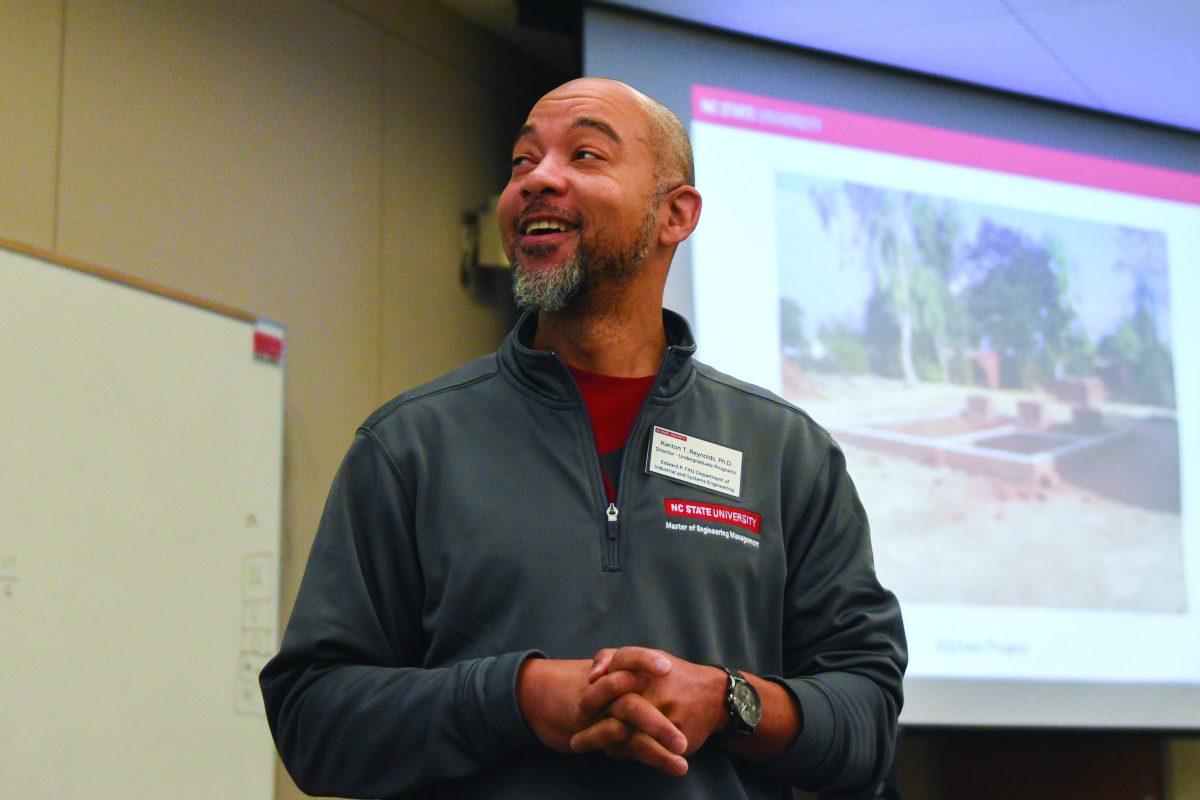ForgetMeNot is a project that focuses on early detection of Alzheimer’s disease. The project will use quantum machine learning and will be used for MIT Hacking Medicine Grand Hack 2022 and iGEM (International Genetically Engineered Machine) 2022.
ForgetMeNot began from The CRISPR Hub (Clustered Regularly Interspaced Short Palindromic Repeats) at NCSU. According to Neha Suresh, a fourth-year studying biological engineering and founder and co-president of The CRISPR Hub, the CRISPR Hub is a student organization in which upperclassmen work together to understand genetic engineering and how it can be used in human disease modeling.
“[CRISPR] is the easiest way to program a genetic sequence to be cut and harnessed so that you can edit the genetic sequence,” Suresh said. “It basically is easily programmable. It’s actually a system that is inherently found in bacterial systems.”
Suresh said Alzheimer’s disease was the chosen focus of the project because of the local connection it had.
“We were talking to stakeholders in the community, the End Alzheimer’s Association and rally,” Suresh said. “And they were talking about the challenges that they faced, and we were actually looking at a very rare, rare type of Alzheimer’s, early-onset Alzheimer’s when we started out, modeling a project, but then we realized, this actually has more widely applicable uses for our project itself.”
According to Suresh, the project began by focusing on a very specific prototype of Alzheimer’s. The team later decided to broaden their scope to make the project more applicable to other genetic prototypes.
“We started with a very early onset, very niche disease prototype of Alzheimer’s, basically,” Suresh said. “And that didn’t pan out, because we found we were going after this very niche genetic prototype. We didn’t have the resources to work around it. So we just decided that the broader Alzheimer’s, you know, the amount of information we had about Alzheimer’s was workable, whereas this one has a genetic disposition that was not.”
Seeva Cherukuri, a second-year studying biomedical engineering, said participating in ForgetMeNot has helped her gain research experience early on in her college career.
“I thought I could get some more experience,” Cherukuri said. “Because I joined as a freshman, and so I decided I worked on the neurological reports, and they hadn’t had too much of the actual wet lab experience yet.”
According to Suresh, the planning for this project began in December of 2021, and they started working the following January.
”We started looking for [the] principal investigator needed to mentor us and help us find our way through the project,” Suresh said. “Then we decided to incorporate a dry lab aspect to our project in March 2022. We started looking at other people’s projects, other universities’ projects, how detailed they were, how in depth they were, and we kind of decided that he wanted to go for the gold.”
According to Cherukuri, the team wrote a neuroethical report that detailed the ethics of the genetic engineering of CRISPR, what it means to edit genes and what it means for future projects.
“We want to make sure that our experiment is something that’s ethical, and is not going to cause future consequences down the line, especially for genetic engineering, which you don’t necessarily [have] a ton of research on,” Cherukuri said. “You don’t necessarily know the off target effects as well, which are effects that aren’t intended on the patient. So you want to make sure that is met with something ethical as well, which is why we incorporate that neuroethical report.”
More information on CRISPR Hub can be found here.


